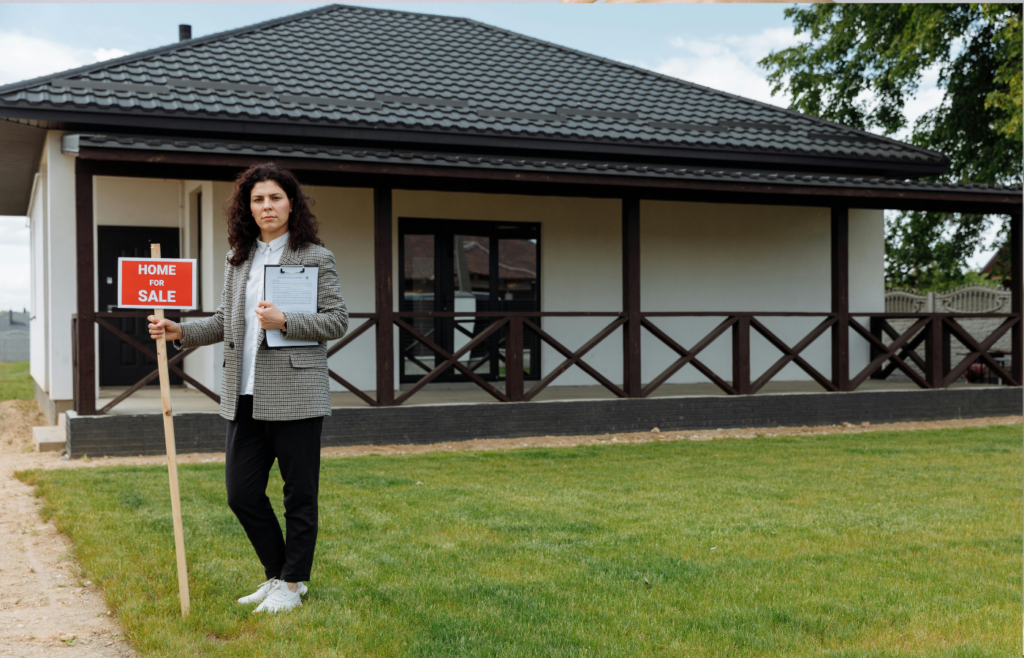There’s no shortage of “retirement hacks” floating around—ideas that claim to help you retire earlier, save more, or stretch your money further. But the reality? Many of these so-called “hacks” don’t actually work—or worse, they could leave you broke and regretting your decisions.
Here are 10 retirement hacks that sound smart but don’t actually work—and what to do instead.
1. “You Can Always Just Work Longer”

🔻 Why It Doesn’t Work:
- Many people assume they’ll work into their 70s—but health issues, layoffs, or caregiving duties often force early retirement.
- Half of retirees leave the workforce earlier than planned due to circumstances beyond their control.
✅ What to Do Instead:
- Save aggressively so you’re not dependent on working forever.
- Have a backup plan in case you can’t work as long as expected.
2. “Just Move to a Cheaper Country”

🔻 Why It Doesn’t Work:
- Moving abroad sounds great, but many people underestimate healthcare, legal, and visa issues.
- Cost of living is rising everywhere, even in so-called “cheap” countries.
- Cultural barriers, language differences, and family separation can make retirement abroad difficult.
✅ What to Do Instead:
- Visit multiple times before committing to an international move.
- Have backup plans for healthcare, visas, and emergencies.
- Consider moving to a lower-cost U.S. state instead of another country.
3. “You Can Live Off Social Security”

🔻 Why It Doesn’t Work:
- Social Security only replaces about 40% of pre-retirement income (and less for high earners).
- Benefits may be reduced in the future as the system faces funding issues.
- Healthcare, housing, and inflation will eat into fixed Social Security income.
✅ What to Do Instead:
- Treat Social Security as a bonus, not a primary income source.
- Delay claiming benefits until age 70 to maximize your monthly check.
- Build additional income streams (investments, side businesses, rental properties).
4. “Downsizing Will Solve Everything”

🔻 Why It Doesn’t Work:
- Selling your home and moving to a smaller one doesn’t always save as much as you think—real estate fees, moving costs, and rising property taxes can eat into savings.
- Many retirees struggle with unexpected downsizing costs like renovations, HOA fees, and community expenses.
✅ What to Do Instead:
- Run real numbers before assuming downsizing will save you money.
- Consider staying put if your home is already paid off and affordable.
- If downsizing, move to a truly lower-cost area, not just a smaller house.
5. “Retire Early and Just Withdraw 4% Per Year”

🔻 Why It Doesn’t Work:
- The 4% rule assumes stable market conditions—but if you retire early, a market downturn could wreck your portfolio.
- Living expenses, inflation, and healthcare costs may require more than 4% annually.
✅ What to Do Instead:
- Be flexible—withdraw less in bad years and adjust spending based on market conditions.
- Consider multiple income streams (dividends, real estate, part-time work) to supplement withdrawals.
6. “You Don’t Need to Save if You Plan to Sell Your Business”

🔻 Why It Doesn’t Work:
- Many small businesses don’t sell for as much as owners expect—or don’t sell at all.
- The economy, industry trends, or lack of buyers can leave business owners stuck.
✅ What to Do Instead:
- Save for retirement separately—don’t rely on selling a business as your only plan.
- If you own a business, prepare an exit strategy early, including succession planning.
7. “You Can Always Downshift to a Low-Stress Job”

🔻 Why It Doesn’t Work:
- Many assume they can just work part-time in retirement, but job availability and age discrimination can make it difficult.
- Health issues or family caregiving responsibilities can make working impossible.
✅ What to Do Instead:
- Plan your retirement savings as if you won’t work at all—any extra income should be a bonus.
- Consider side businesses or passive income sources instead of relying on part-time jobs.
8. “You Won’t Need as Much Money in Retirement”

🔻 Why It Doesn’t Work:
- Many retirees actually spend more in early retirement on travel, hobbies, and home projects.
- Inflation, healthcare, and unexpected expenses can drain savings faster than expected.
✅ What to Do Instead:
- Plan for 80–100% of your pre-retirement income (not just 60–70%).
- Budget extra for travel, hobbies, and healthcare expenses.
Read More: 10 Common Investing Fears (And Whether They’re Actually Valid)
9. “Just Invest in Dividend Stocks for Passive Income”

🔻 Why It Doesn’t Work:
- Dividend yields fluctuate—companies can cut dividends in recessions.
- Relying only on dividends may not generate enough income.
✅ What to Do Instead:
- Have a mix of growth stocks, bonds, real estate, and other investments.
- Consider rental properties, annuities, or alternative income sources.
Read More: The 10 Most Common Ways People Underestimate Retirement Costs
10. “You Can Just Cut Expenses If Money Runs Low”

🔻 Why It Doesn’t Work:
- Cutting expenses sounds easy—until you realize that many costs (healthcare, utilities, property taxes) are non-negotiable.
- Living too frugally can make retirement miserable—it’s better to plan for a comfortable lifestyle.
✅ What to Do Instead:
- Plan for rising costs instead of assuming you’ll just “cut back.”
- Have multiple income sources so you don’t have to cut spending drastically.
Read More: The 7 Most Overrated Budgeting Hacks That Don’t Actually Work






